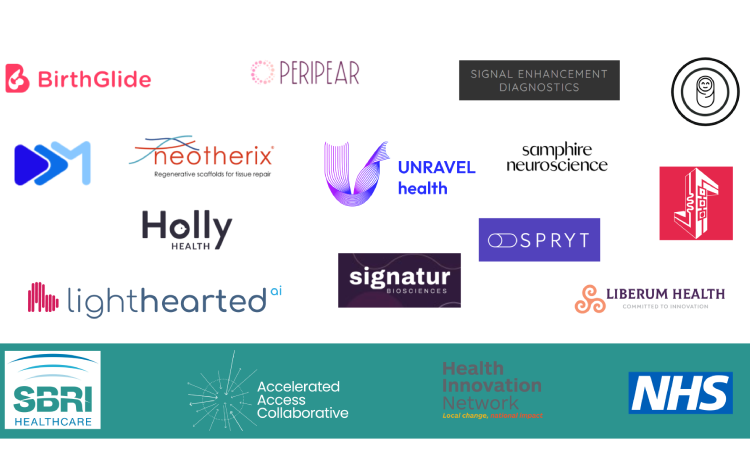West Midlands AHSN supports use of digital chest drainage
- 21 June 2022

The West Midlands Academic Health Science Network (WMAHSN) is supporting a new digital healthcare innovation which helps patients who are recovering from lung surgery or experiencing a collapsed lung.
Thopaz+ is a portable digital chest drainage and monitoring system, which enables patients to be monitored via digital readings. This supports patients’ recovery and helps to reduce the length of their stay in hospital.
The new digital solution streamlines the current process for monitoring patients’ rate of air leak and fluid drainage. By showing this data digitally, it helps support effective clinical decision making, improves patient safety and provides a cost-effective solution.
In addition, when compared to conventional chest drains, patients are able to get up out of bed much earlier, as Thopaz+ is portable, which aids recovery.
Dr Joseph Robinson, WMAHSN innovation project manager and AHSN national lead for Thopaz+, said: “Thopaz+ is a fantastic healthcare innovation that we are pleased to be supporting as part of the MedTech Funding Mandate Policy.
“Being digital and portable, the device aids clinical decision making with objective data, and it has also been demonstrated as cost-saving by the National Institute for Health and Care Excellence. It will bring numerous benefits to both NHS staff and patients, and we hope to support equitable patient access across the West Midlands and nationally.”
Through the MedTech Funding Mandate (MTFM) Policy the WMAHSN will support NHS providers to implement Thopaz+ in the West Midlands.
The policy was developed by the Accelerated Access Collaborative, part of NHS England and NHS Improvement, and helps accelerate patient access to innovation, supporting the NHS Long Term Plan
Thopaz+ was one of seven new technologies added to the MTFM 2022/23, and one of three which focuses on the patient experience during procedures.
The MTFM policy came into effect on 1 April 2021 and has previously been used to mandate for an AI-powered tool to fight coronary heart disease.




